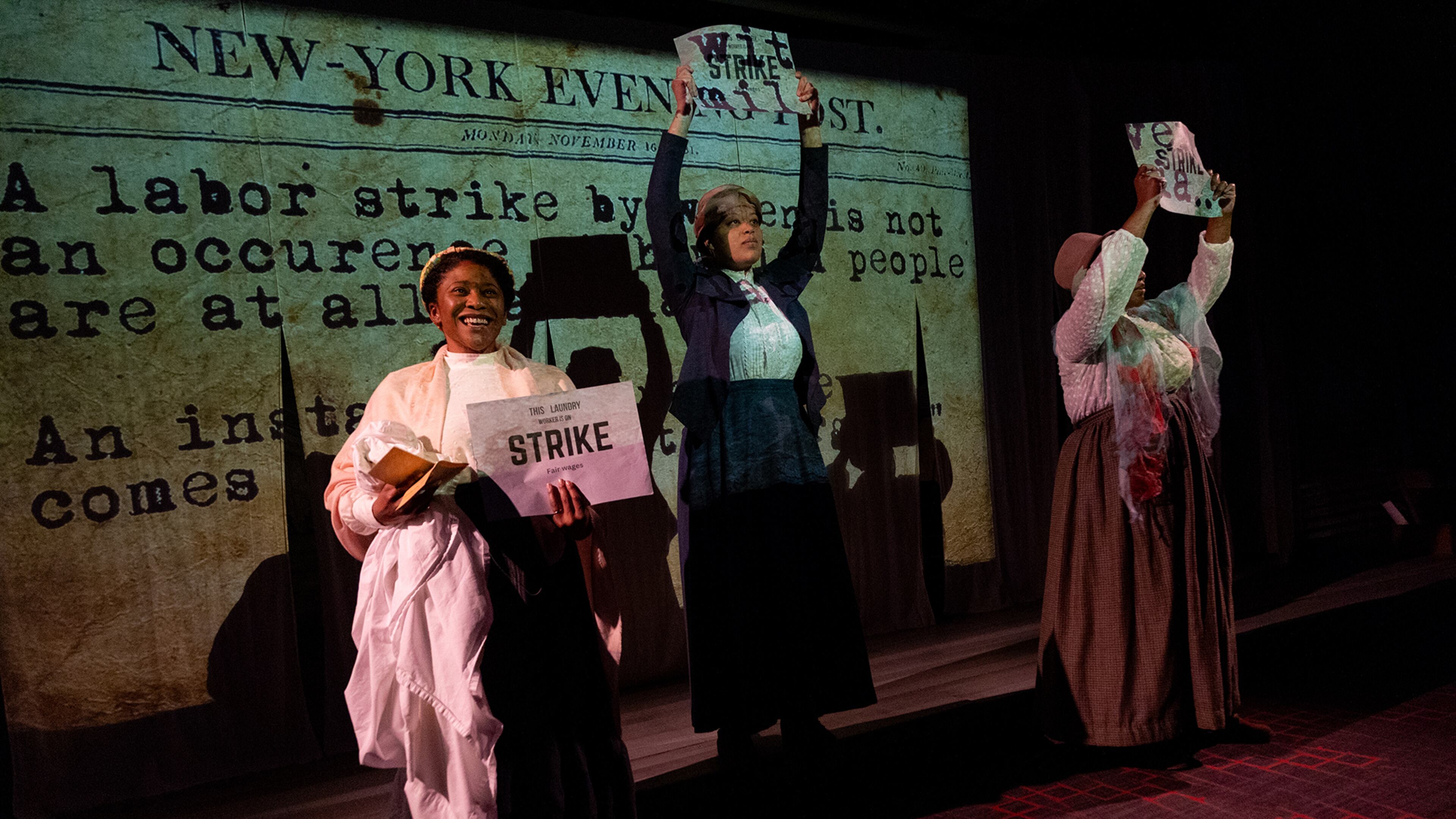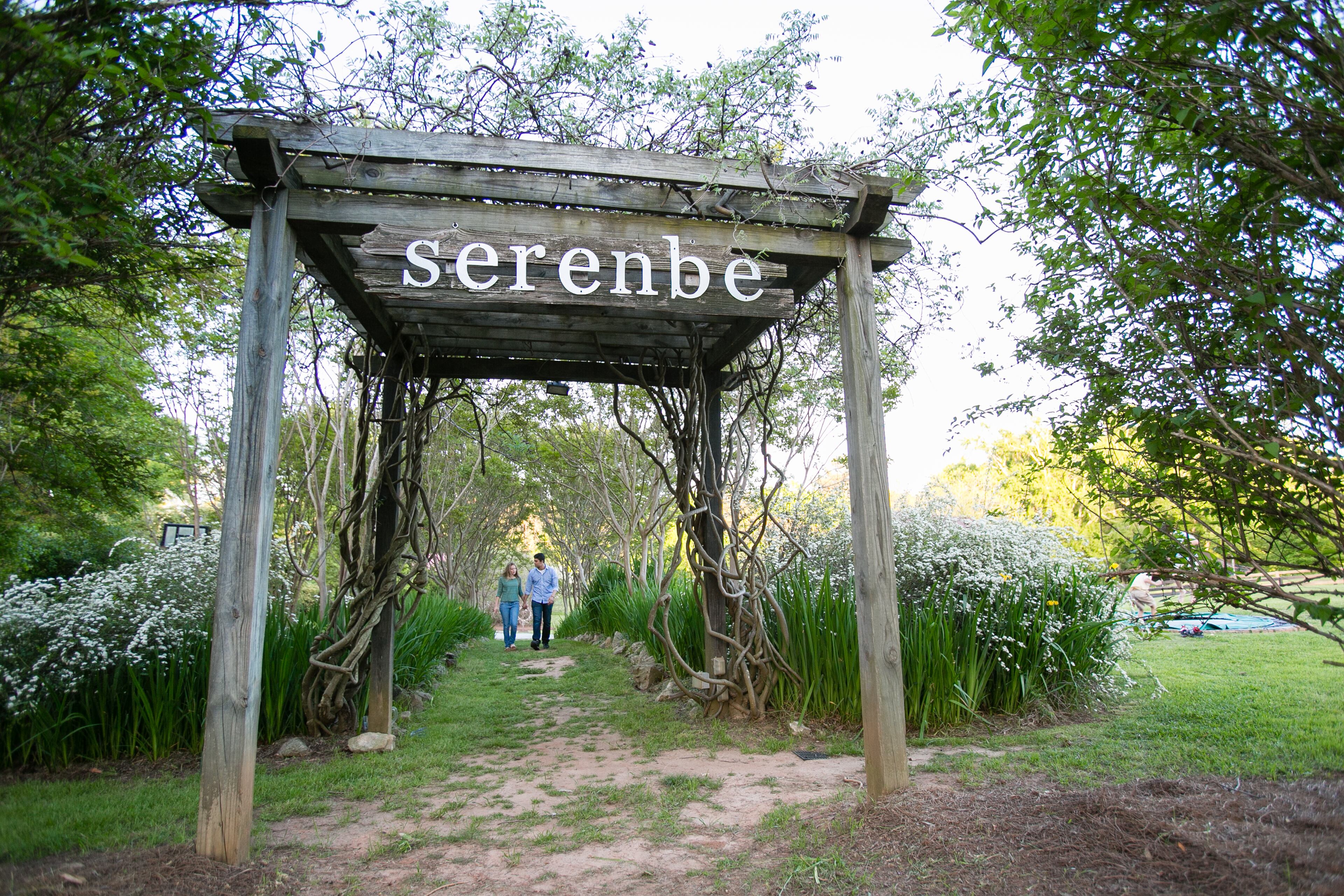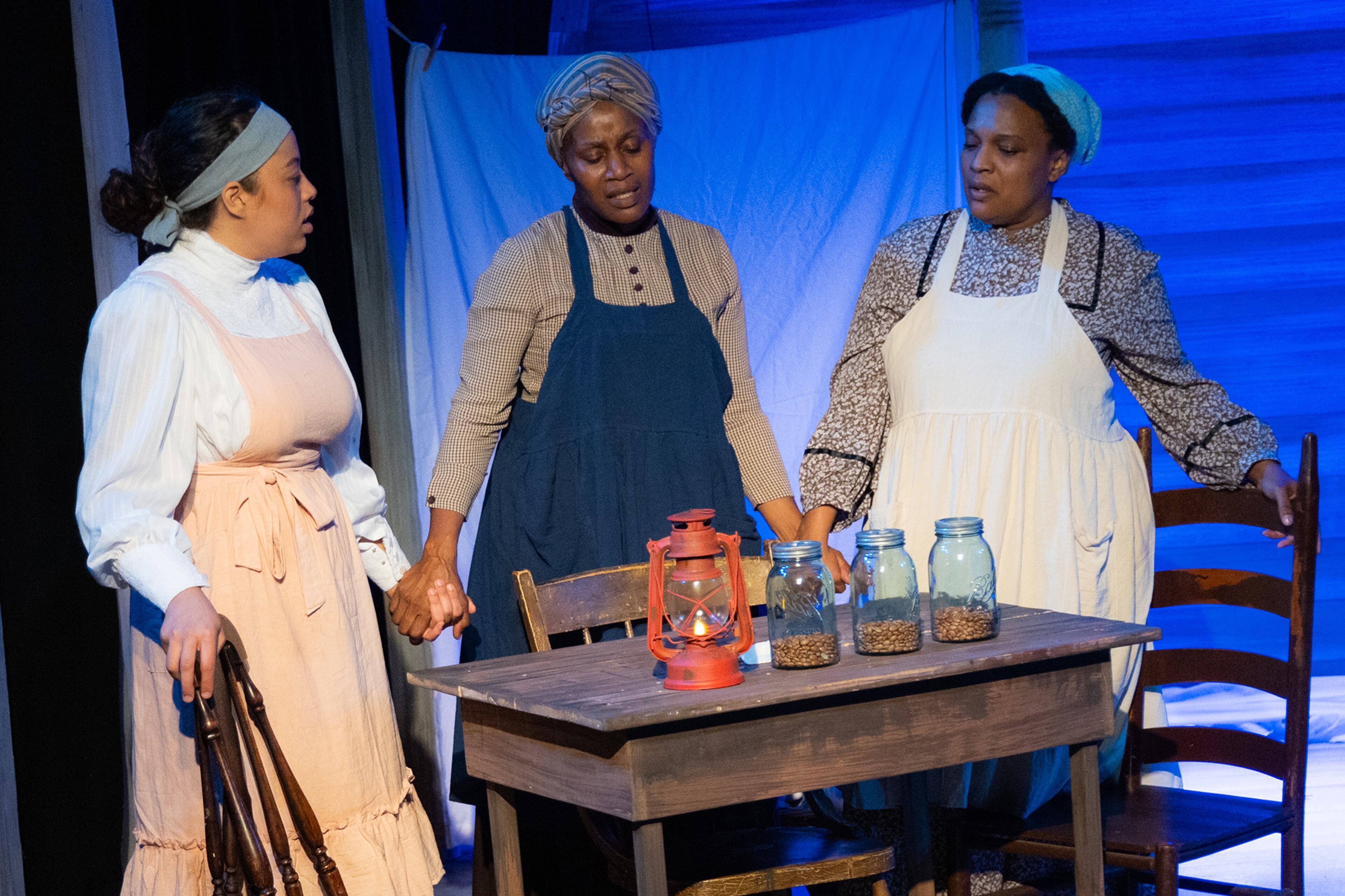Play about Atlanta Washerwomen’s strike travels to New York for off-Broadway debut

A historical play based on a 19th century Atlanta women’s labor movement is traveling north for an off-Broadway run after making previous stops in the South and Midwest.
“The Wash,” based on the Atlanta Washerwomen’s Strike of 1881, centers around five Black women who work as laundresses. However, they realize their hard work has been taken for granted as many of their clients pay very little, barter for services with scrap food, or just completely skip payment while still expecting clean clothes and linen. The women band together to form an early version of a union, vowing that they’d strike until they are properly paid.
The story is especially timely during the current social climate, with the recent stint of federal layoffs, push for workers’ unions and employee strikes.
“There have been so many different conversations about labor and who is essential and who isn’t,” said playwright Kelundra Smith. “It’s a conversation that is ever-present, but it’s really at an inflection point right now."
Smith said producers were initially hesitant about expanding a Georgia story into different states, fearing that audiences outside of the region wouldn’t understand the culture or would be too saddened by the material.

“It is a Southern story, and also a universal story,” Smith said. “That struggle between workers and bosses is one that has been part of our country for as long as we’ve been a country.”
After a span of shows in local theater houses, the production opens June 5 at Woodie King’s New Federal Theatre in New York City, and runs through the end of the month.
“The complexity of the play’s characters and the universal message of labor has continued to resonate across cultural regions,” New York City director Awoye Timpo wrote in a statement.
“Their fight is a reminder to us about the power of collective action and a reflection of the amount of sacrifice that was required to achieve their goals. I think those are really important lessons for us today.”
Smith first discovered the history of the Washerwomen’s Strike during a 2017 visit to the National Museum of African American History and Culture in Washington, D.C. In a section of the museum dedicated to America’s Reconstruction era, Smith saw newspaper clippings of the strike.
Even though Smith lived in Atlanta for most of her life, she admitted to never knowing about that particular labor movement.
“Did this really happen?” stunned, she asked herself.
After diving deeper into strike research, Smith started writing a stage play. “The Wash” simply began as a table read among friends in 2020. In 2022, the story became a staged reading with the Essential Theatre Play Festival in Atlanta. During the summer of 2024, the story developed into a full production at both Synchronicity and Impact theaters.
In March, the Serenbe Art Farm — about 30 miles outside of Atlanta — resurrected “The Wash” with a new round of performances.
Simultaneously, “The Wash” had a separate run with The Black Repertory Company in St. Louis.

The local stage production shows the women battling personal issues while simultaneously navigating a social justice movement. Main character Anna (played by Tanya Freeman) is worried about losing the property deed to the home her late husband built. Jamila Turner portrays Thomasine, a woman hesitant to participate in the strike after suffering domestic abuse. Jeanie, the eldest laundress played by Nevaina, questions if their new emancipated lives are better than when they were enslaved.
Directed by Brenda Porter, Atlanta’s production also included Makallen Kelley as Charity; Kenedi Deal as Jewel; Hannah-Rose Broom as Mozelle; and understudies Alexandria Sweat, Cece Campbell and Caty Bergmark.
“I think that every story was necessary for the big story. Every little story supported the big story,” said Turner.
“Until you understand white supremacy, you will never understand anything you’re looking at in the United States,” Nevaina added.
Smith isn’t surprised more people didn’t know about the washerwomen’s story. Despite being educated in Georgia’s public schools, she said the topic wasn’t discussed in her early classroom years.
“I think there was no mention because, in the South and America at large, we don’t like to talk about the things that don’t allow us to take the moral high ground,” Smith theorized, adding that she felt Southern textbooks purposefully left out information about Black history.
“There was no other perspective, especially if you went to predominantly white schools in metro Atlanta suburbs,” she said, referencing Gwinnett and DeKalb counties.
Smith said the narrative has only recently started to change because media sources have become more widely accessible.
The Atlanta cast agreed that the story of the strike should have more reach.
“We talk about worker unions, and we talk about strikes all the time,” Sweat said. “[The strike] was led by the initiative of Black women, and then it did spread to other women in similar circumstances and with similar things. You don’t hear that. You never hear that.”
“Our world, our culture often gets rescued by Black women. And we do not say that enough. By their labor, by their tenacity, by their resistance, by their willingness to stand up, it is often rescued by them. I feel like we just do not hold enough space for that and say that enough,” Broom stated.

Timpo said she didn’t know anything about the 1881 Atlanta Washerwomen’s Strike until the idea of the production was introduced to her and she received a copy of the script.
“I was really blown,” she wrote in a statement. “Sometimes we put some historical events on pedestals even when there are a multitude of similar struggles and events that deserve so much attention. That’s why I think it’s so brilliant that (Smith) dramatized the events of this strike to give audiences a new way into the story.”
Following the run in New York, “The Wash” heads to Boston in 2026, Smith said.
The playwright has other projects in the works that are part of a trilogy of productions focused on Black achievement in during the Reconstruction era. “The Wash” is the first of three stories.
The “Reconstruction Trilogy” explores the transition of formerly enslaved Black folks following Emancipation. Smith said “The Wash” serves as the economic and social mobility piece of the saga. The next production, “The Vote,” is a political story about the 33 Black men elected to the Georgia General Assembly in 1868. The series will wrap with “The Knot,” a love story about a Black couple preparing for marriage in 1866.
A staged reading of “The Vote,” in partnership with the musical “Young John Lewis” by Psalmeyne 24 and Addae Moon, is scheduled for June 17 at the Theatrical Outfit.
Though “The Wash” touched on hard, serious historical elements, comedic and emotionally uplifting moments were intelligently placed throughout to illustrate the dual lives Reconstruction-era Black folks had to navigate.
Smith explained that it was important for her to write full, complex characters for audiences to understand their emotional depth.
“People were not just a product of their situations. They still had dreams. They still loved. They still laughed,” she said. “There has to be levity in the midst of the tragedy.”
Nevaina stated that Black people had to live their lives to the fullest extent of which they could, while also learning to utilize joy as a form of protest. She referenced how Black people managed to rejoice in juke joints during the days of Jim Crow.
“Giving ourselves permission to just inhale and exhale with grace and ease is a radical act,” she said. “Sometimes, that’s the whole revolution right there.”
Become a member of UATL for more stories like this in our free newsletter and other membership benefits.
Follow UATL on Facebook, on X, TikTok and Instagram.
